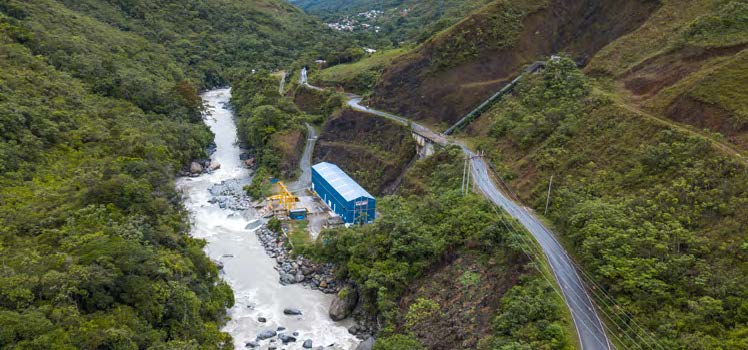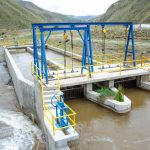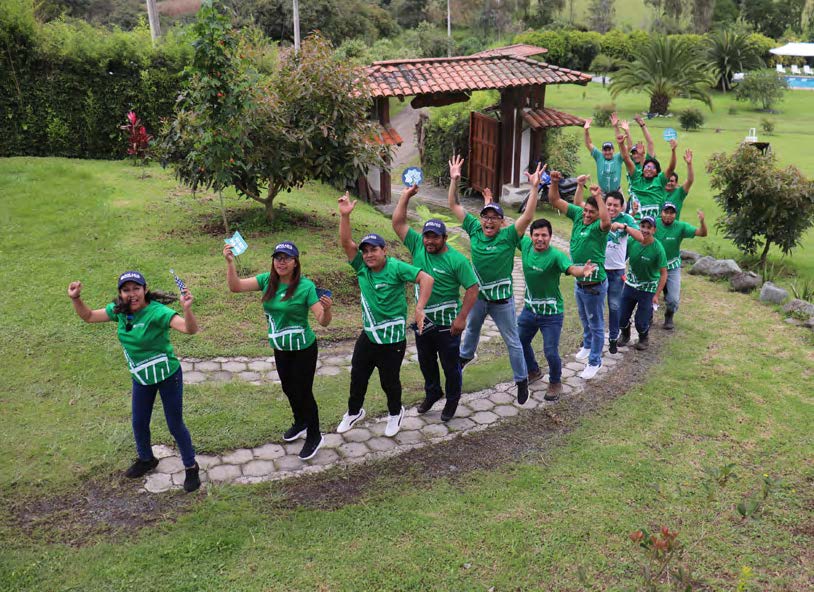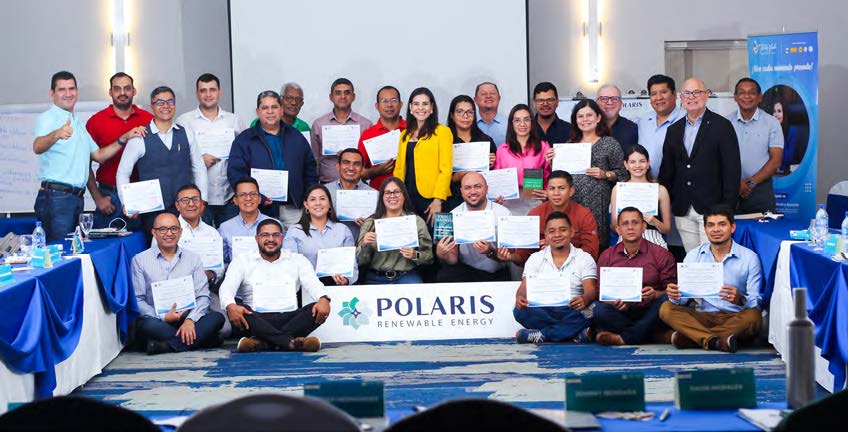As a renewable energy company, Polaris is deeply aware of the impact that climate change can have on our operations, particularly as we depend on natural resources such as solar irradiance, water availability, and steam. To ensure that our operations remain resilient, we have undertaken a detailed approach to climate risk management, with an emphasis on both mitigation and adaptation strategies.
In 2023, we conducted a comprehensive Climate Change Risk and Vulnerability Assessment (CCRA) for our operations in Nicaragua.
The outcomes of this assessment helped us understand the challenges posed by these climate phenomena and highlighted the importance of implementing both short- and long-term strategies to ensure the continued efficiency of our operations.
We have a Human Resources and ESG Committee focused on fostering a sustainable environment25. Its commitment also extends to climate management, with a particular focus on advancing renewable energy generation and contributing to the energy transition in the countries where we operate.
Our main climate change strategy revolves around continuing investments in renewable energy, especially in Latin America, and maintaining a focus on carbon footprint management26 across all our operations.
Polaris has included climate change mitigation as an element of our strategic objectives. Our carbon neutrality goal for Scope 1 and 2 emissions has been set, and as part of our Materiality Analysis conducted in 202227, we aim to offset these emissions by promoting clean energy technologies and adopting best practices in decarbonization.
Through the Climate Change Risk Assessment in Nicaragua, we identified opportunities28 related to the climate that could benefit our operations, such as: 1. Legal and regulatory frameworks that favor sustainable and clean energy production. 2. Integration of carbon capture technologies and active participation in the carbon market. 3. Adoption of new technologies to diversify energy generation. 4. Reduction in operational costs via efficiency improvements. 5. Lower exposure to fossil fuel price increases. In response to the identified physical climate risks, we have formulated specific adaptation measures:
We are continuously measuring our carbon footprint29 (Scopes 1, 2, and partial Scope 3), and have made great strides in reducing environmental impact through energy efficiency, fuel consumption reductions, and waste management initiatives. In Nicaragua, the implementation of various adaptation measures such as water recycling, reforestation, and energy efficiency improvements has already helped reduce our environmental impact. We will continue to refine our climate risk management strategies to ensure our operations are resilient to future climate challenges. Polaris is committed to both mitigating climate change and adapting to its impacts. We have made significant progress in understanding and managing climate-related risks and opportunities. Through our sustained commitment to renewable energy and resource efficiency, we are not only mitigating our carbon footprint, but also contributing to a cleaner, more sustainable energy future for the jurisdictions where we operate.











